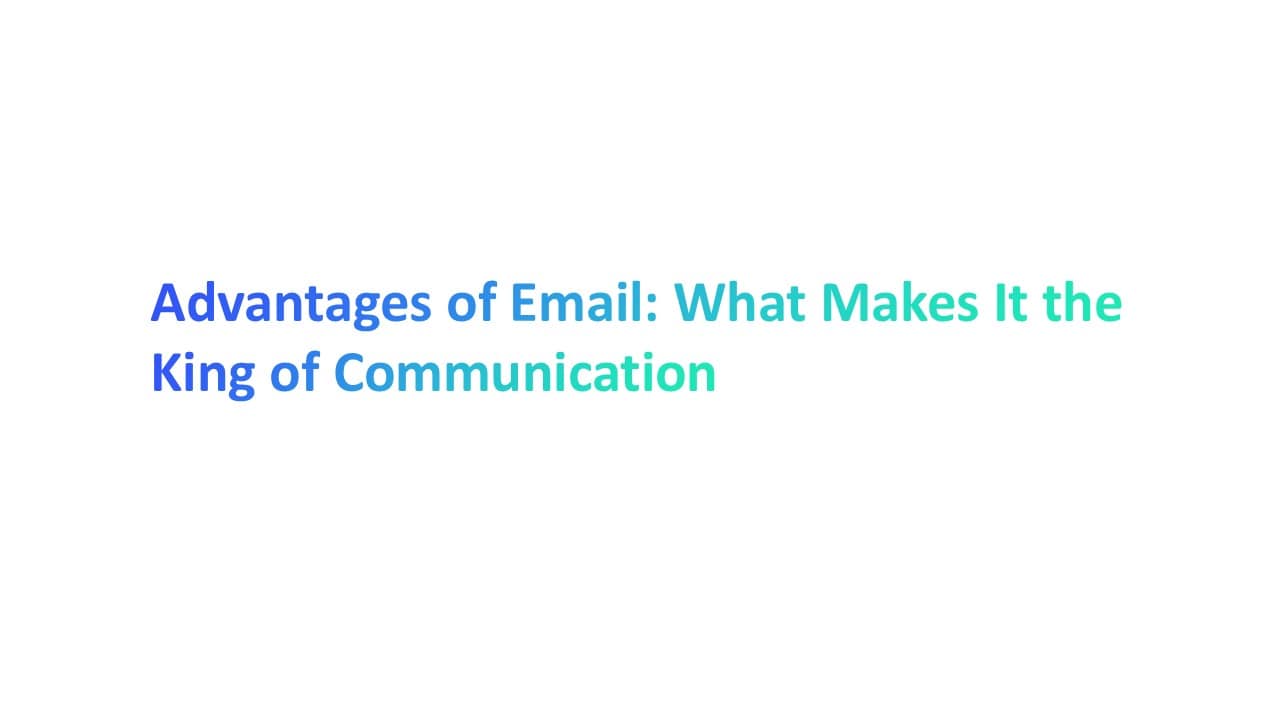Outreach is a critical aspect of community development, providing essential services and resources to individuals and communities who face social, economic, or health-related challenges. Effective outreach strategies play a crucial role in building relationships, connecting individuals with resources, and making a positive impact in their communities. In this article, we will explore some of the best outreach strategies that can help you engage with individuals or communities, build relationships, and provide effective support and guidance.
1. Identify Your Target Population
The first step in developing effective outreach strategies is to identify your target population. This involves understanding the needs, challenges, and characteristics of the individuals or communities you want to engage with. By understanding their specific needs and challenges, you can develop outreach strategies that are tailored to their unique circumstances and increase the likelihood of engagement and success.
2. Build Trust and Rapport
Building trust and rapport is essential for effective outreach. Individuals or communities may be hesitant to engage with outreach workers due to a lack of trust or past negative experiences. Effective outreach strategies involve building trust and rapport by being approachable, non-judgmental, and empathetic. This involves active listening, showing empathy, and conveying respect for their perspectives and experiences.
3. Use a Multi-Channel Approach
Effective outreach strategies involve using a multi-channel approach to engage with individuals or communities. This involves using a variety of communication channels such as social media, phone calls, email, and face-to-face interactions to connect with individuals or communities. A multi-channel approach can increase the likelihood of engagement and success by reaching individuals through the channels they prefer.
4. Offer Practical and Relevant Support
Effective outreach strategies involve offering practical and relevant support that meets the specific needs of individuals or communities. This involves understanding their unique circumstances and providing support that is tailored to their needs. Practical and relevant support can include access to resources such as food, shelter, healthcare, or educational opportunities.
5. Collaborate with Other Service Providers
Collaborating with other service providers can enhance the effectiveness of outreach strategies. This involves working with other organizations or agencies to leverage resources, build partnerships, and provide more comprehensive support to individuals or communities. Collaborating with other service providers can also help fill gaps in services and provide individuals with access to a broader range of resources and support.
6. Use Community Outreach Events
Community outreach events can be an effective strategy for engaging with individuals or communities. This involves organizing events such as health fairs, job fairs, or educational workshops to provide information, resources, and support to individuals or communities. Community outreach events can help build relationships, increase awareness of available resources, and provide individuals with opportunities to connect with outreach workers.
7. Cultivate Relationships with Community Leaders
Cultivating relationships with community leaders can enhance the effectiveness of outreach strategies. This involves engaging with community leaders such as religious leaders, elected officials, or other influential individuals to build trust and support for outreach efforts. Community leaders can also provide valuable insight into the needs and challenges of the community and help outreach workers develop more effective strategies.
8. Develop Culturally Sensitive Outreach Strategies
Developing culturally sensitive outreach strategies is essential for effective outreach. This involves being aware of cultural differences, language barriers, and power dynamics and developing strategies that are respectful and sensitive to the cultural norms and values of the individuals or communities being served. Culturally sensitive outreach strategies can help build trust, establish rapport, and convey information effectively.
9. Use Data to Inform Outreach Strategies
Using data to inform outreach strategies can enhance their effectiveness. This involves collecting and analyzing data on the needs and challenges of the population being served and using this information to develop targeted and effective outreach strategies. Data can also be used to track the impact of outreach strategies and make necessary adjustments to improve their effectiveness.
10. Use Peer-to-Peer Outreach
Peer-to-peer outreach can be an effective strategy for engaging with individuals or communities who may be hesitant to engage with outreach workers. This involves using individuals who are part of the community and have shared experiences to connect with others and provide support and guidance. Peer-to-peer outreach can help build trust, establish rapport, and increase the likelihood of engagement and success.
11. Utilize Social Media
Social media can be a powerful tool for outreach. This involves using platforms such as Facebook, Twitter, or Instagram to connect with individuals or communities, share information, and promote available resources and services. Social media can also be used to gather feedback, track engagement, and measure the impact of outreach strategies.
12. Incorporate Health Literacy Strategies
Incorporating health literacy strategies into outreach efforts can help individuals better understand health information and make informed decisions about their health. This involves using clear and simple language, avoiding jargon or technical terms, and using visual aids to convey information effectively. Incorporating health literacy strategies can increase engagement and improve health outcomes.
13. Provide Ongoing Support
Effective outreach strategies involve providing ongoing support to individuals or communities. This involves maintaining relationships, checking in regularly, and providing ongoing support and guidance. Ongoing support can help individuals overcome challenges, achieve their goals, and improve their overall well-being.
14. Evaluate and Adjust Strategies
Evaluating and adjusting outreach strategies is essential for continuous improvement. This involves collecting data, tracking outcomes, and assessing the effectiveness of outreach strategies. Based on this information, adjustments can be made to improve their effectiveness and ensure that outreach efforts are meeting the needs of individuals and communities.
15. Collaborate with the Community
Finally, effective outreach strategies involve collaborating with the community being served. This involves engaging with individuals or communities to understand their needs, perspectives, and experiences and developing strategies that are informed by their input. Collaboration with the community can help build trust, establish rapport, and increase the effectiveness of outreach efforts.
In conclusion, effective outreach strategies play a crucial role in building relationships, connecting individuals with resources, and making a positive impact in their communities. The best outreach strategies involve identifying the target population, building trust and rapport, using a multi-channel approach, offering practical and relevant support, collaborating with other service providers, using community outreach events, cultivating relationships with community leaders, developing culturally sensitive outreach strategies, using data to inform strategies, using peer-to-peer outreach, utilizing social media, incorporating health literacy strategies, providing ongoing support, evaluating and adjusting strategies, and collaborating with the community. By incorporating these strategies into your outreach efforts, you can increase engagement, build relationships, and make a positive impact on the lives of individuals and communities.







.webp)

